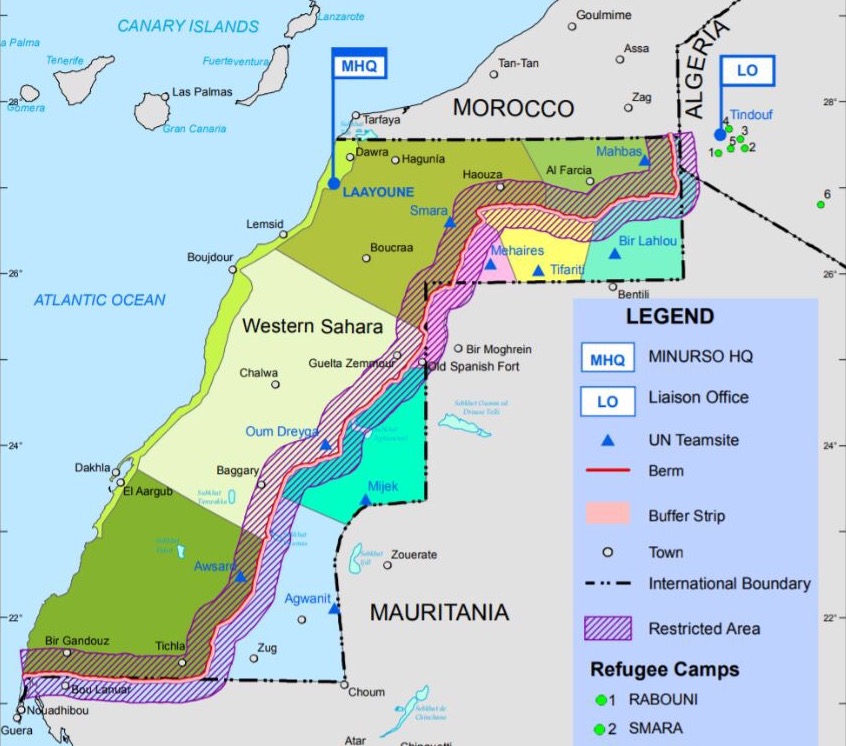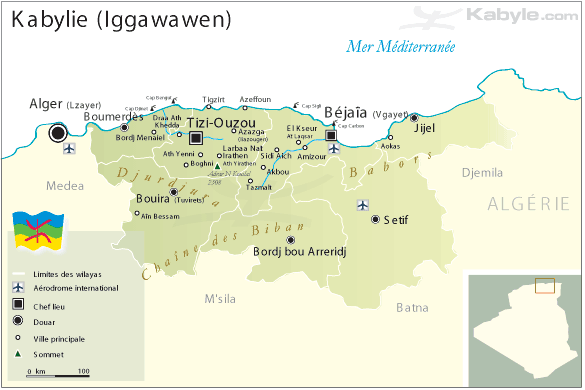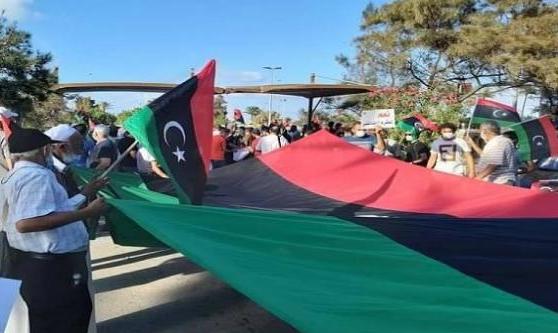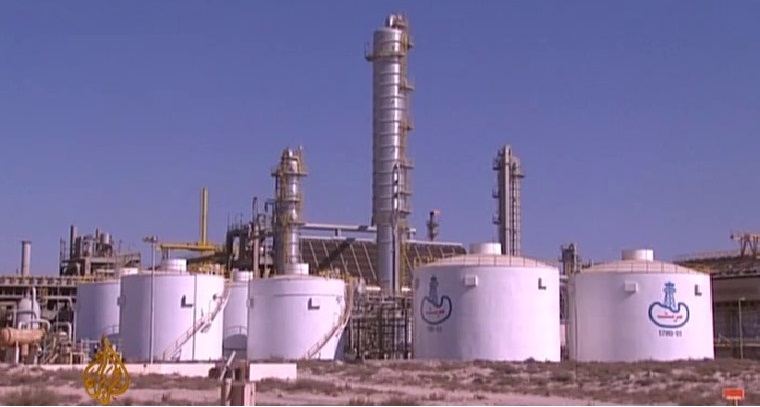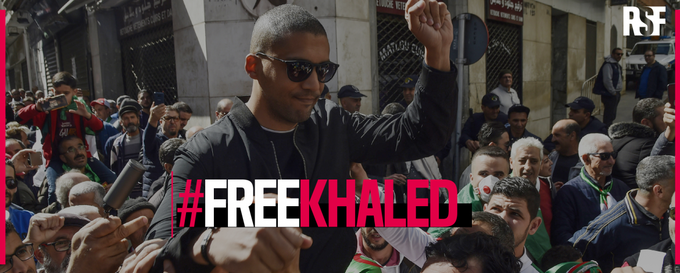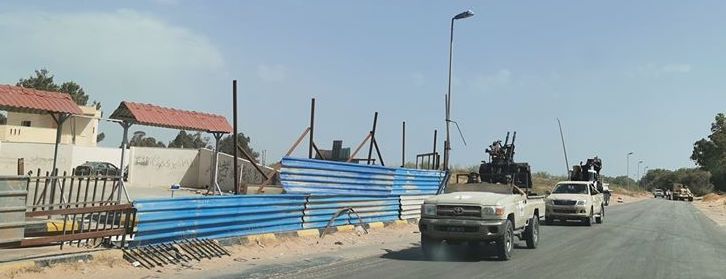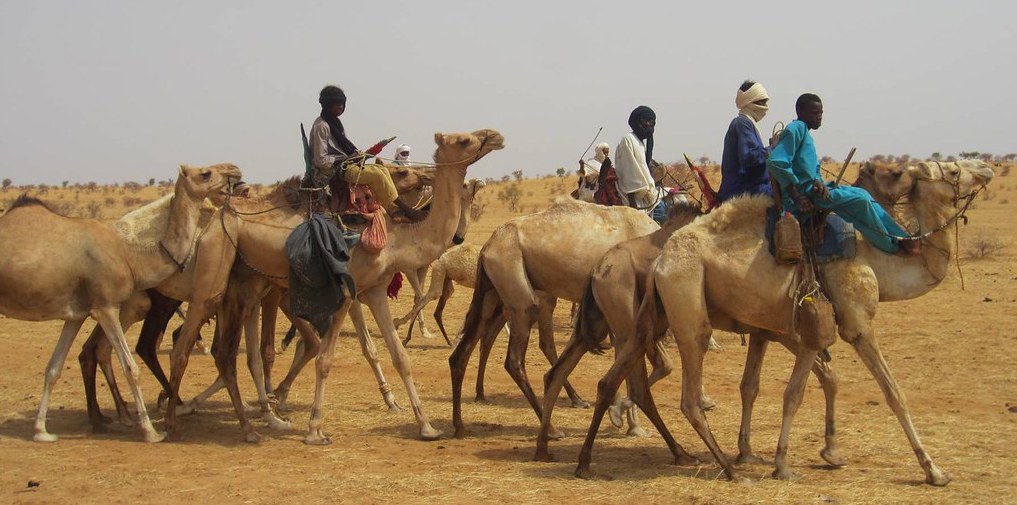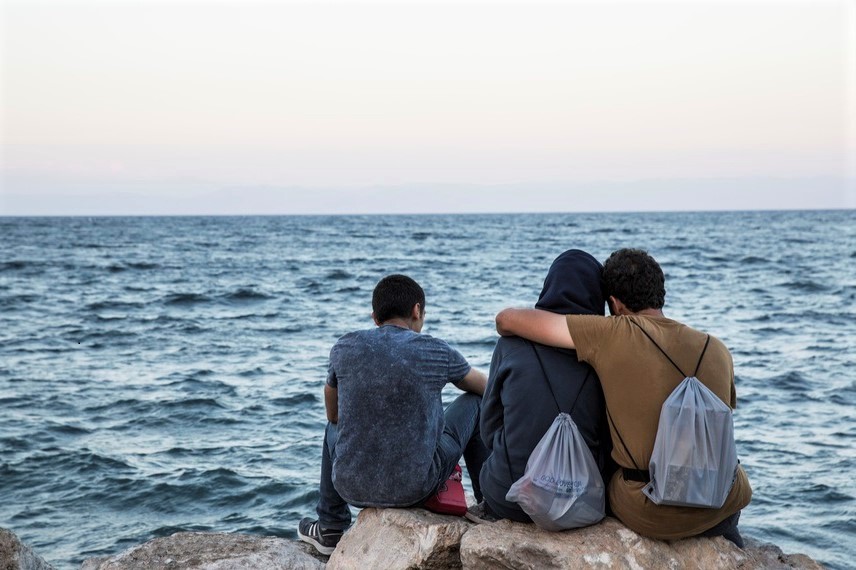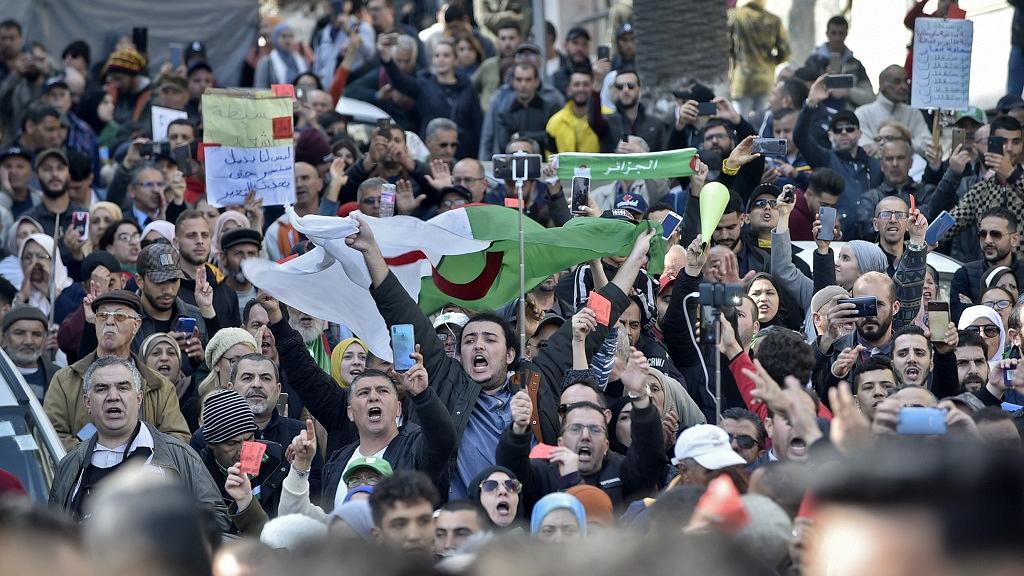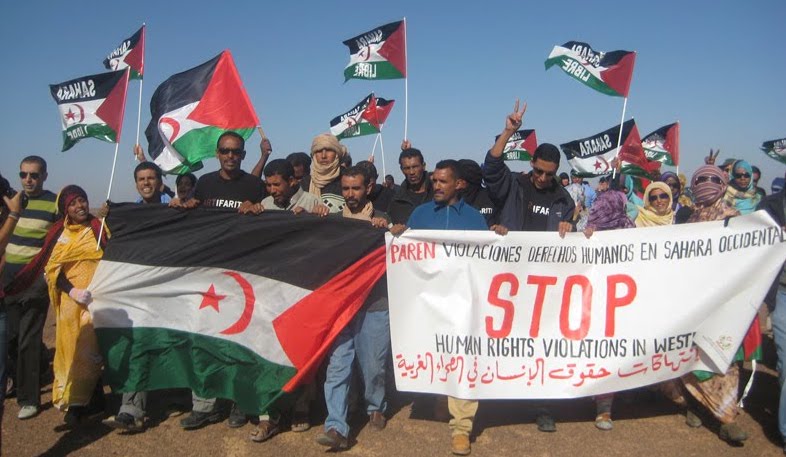
‘Abraham Accords’ betray Palestinians …and now Sahrawis
President Donald Trump announced that Morocco and Israel have agreed to normalize relations, adding that the US will formally recognize Moroccan sovereignty over the occupied territory of Western Sahara. The blatant quid pro quo makes Morocco the third Arab state to join Trump’s vaunted “Abraham Accords,” which have already seen the United Arab Emirates and Bahrain recognize Israel this year. Israel’s Prime Minister Benjamin Netanyahu thanked Morocco’s King Mohammed VI for his “historic decision” to sign the deal, and pledged a “very warm peace” between the two countries. This would indeed be appropriate, as Israel and Morocco are both illegally occupying the territory of a colonized Arab people. Until Trump’s proclamation, not one country on Earth has recognized Morocco’s claim to sovereignty over Western Sahara, which was seized after Spain withdrew from its colony of Spanish Sahara in 1975. Some 60 recognize the exile government that has been declared over the territory by the Polisario Front, the national liberation movement of the territory’s Sahrawi Arab people. (Photo: Kirby Gookin via Western Sahara Resource Center)



